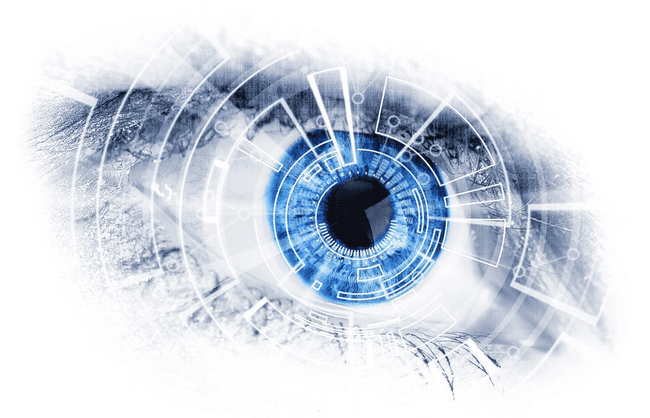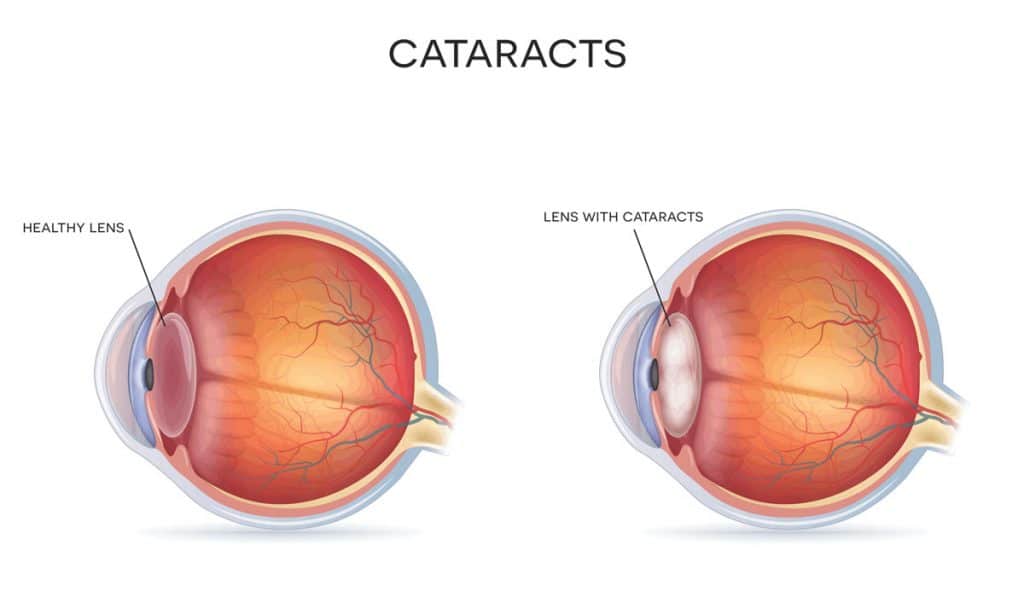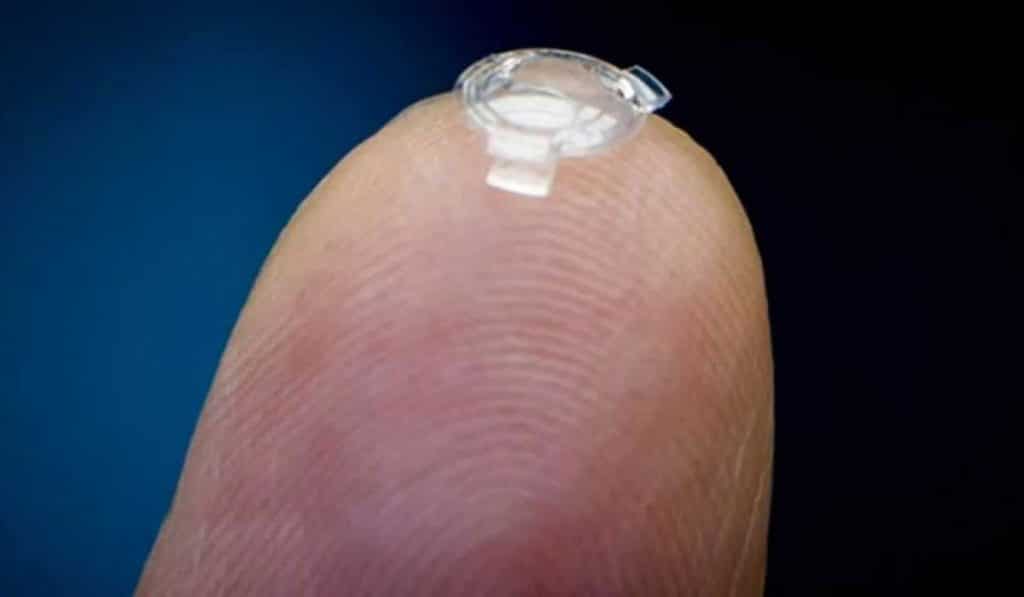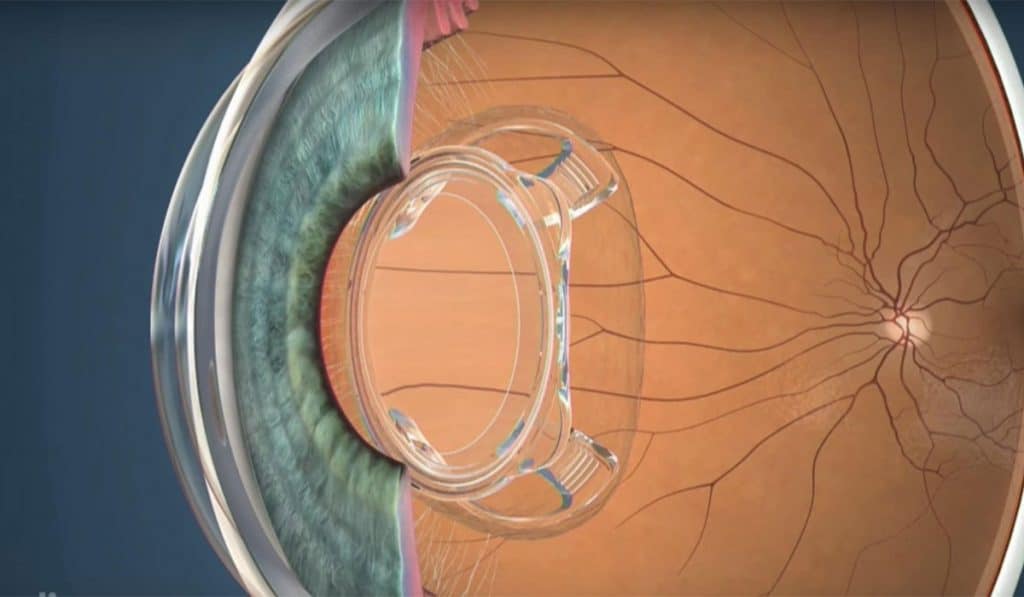This Bionic Lens Will Give You More Than Just 20/20 Vision

Biological augmentation is a staple of science fiction that never goes out of style. Taking a miracle IQ-increasing pill, having binocular vision, or using robotic arms to lift a car are all commonplace. Yet we never tire of them, because, let’s face it — those all sound really cool to have. Ocumetics Technology Corporation is doing its part to make sci-fi a reality through its Bionic Lens. This lens may be capable of much more than just 20/20 vision.

iReviews Shopping Assistant
Find the best prices for this and many other products with our chrome extension
A Vision with Clarity
Having cataracts causes your vision to grow increasingly blurred over time. This is due to your eye lens becoming more opaque and “cloudy.” It affects about 22 million people over age 40. That number is expected to reach 30 million by 2020. Glaucoma, one of the leading causes of irreversible blindness, affects more than 2.7 million people in the United States.

A Canadian company named Ocumetics Technology is currently running its Bionic Lens through clinical tests. This lens would not only make contact lenses and glasses obsolete, but it could also save the vision of millions of people who will be afflicted by cataracts or glaucoma.
The lens could be commercially available in as little as two years. Meant to replace the natural lens found in human eyes, Ocumetics’ lens could actually radically improve eyesight beyond normal human capabilities. It may literally introduce completely new ways to see the world.

Dr. Garth Webb, an optometrist with more than 40 years of experience, is the innovator of the Bionic Lens. He elaborates further on its potential: “We have developed the Bionic lens to, in its default mode, make our lives function better in their normal realm and in its augmented capacity to allow for us to integrate seamlessly with the entire digital world.”
A Deeper Look at the Lens
Dr. Webb’s Bionic Lens would be implanted inside the eye through cataract surgery. This type of surgery is extremely successful; it also makes people more comfortable with the idea of the Bionic Lens. If they have cataracts, they would have to get the surgery anyway, so may as well ensure that the cataracts never come back.

The new lens will also be dynamic. Besides immediate eyesight improvement, the lens will also ensure clarity regardless of your distance from an object. By connecting the Bionic Lens to our eye muscles that are responsible for changing our natural lens’ curvature, it can “auto-regulate” our vision. Basically, it can focus our vision at much wider ranges than our eye is naturally capable of.

This sharp focus means that you can see the details of the hands of a clock at 30 feet away that you would normally see at 10 feet away. So what happens when you apply this high-definition vision to an object close to you? It may be possible to see the cells in your own finger with this lens! And because the Bionic Lens consumes about 1/100 the amount of energy that your natural lens needs, you could intensely focus on something like a computer screen all day without experiencing any eye strain.
Seeing the Future
Ocumetics is developing the lens with the future in mind. The lens was designed with components that allow for easy access and upgrades. Possible modifications include projecting the user’s perspective to another Bionic Lens user, systems that allow for precise medication delivery, and utilizing NASA technology for even higher-definition viewing.

Those ideas just scrape the surface of what’s possible according to Dr. Webb. He thinks artificial intelligence will benefit greatly from the Bionic Lens.
“My humble perception is, that us human beings will be the center of artificial intelligence activity. So, I believe that we are going to filter and chaperone artificial intelligence that will be either around our head, or on our watch, or maybe both. So, it is, if you will, augmenting the human beyond what we normally anticipate.”
– Dr. Garth Webb
Ushering in the Age of Augmentation
It’s worth noting that Webb also sees some hurdles for the Bionic Lens in the future. He predicts that a time may come where not having the lens will become the problem, as there will be too many equipped with it and the advantages it brings. As awesome as it sounds, there are also some eye conditions that the Bionic Lens will not be able to fix, such as severe macular degeneration, cloudy corneas, or color-blindness.
Still, our natural eye lens degrades with time, so the Bionic Lens could appeal to people with no eye problems (yet), even without the augmentations it aims to deliver. Excluding the surgery required, the Bionic Lens will cost about $3,200 per lens. Ocumetics has begun to compile a list of facilities and surgeons open to installing the lens, but with the steep price and the device itself being the initial commercial iteration, it could be prudent to wait for your new lens. Future developments and a drop in cost could make this lens vastly more powerful as well as ubiquitous.

The upcoming vision crisis is a very real threat for millions of people around the world. The Bionic Lens could possibly eradicate numerous eye problems to the point that poor eyesight becomes a thing of the past for everyone. We’re excited to see where Ocumetics goes next with its lens. Hopefully, one day, we can watch those developments in HD.
Looking to live a healthier lifestyle? Check out our reviews for the Nima Portable Gluten Sensor and Amabrush to see if they’re right for you. Did you hear about Forward, SiliconValley’s new medical office? How about the man who underwent 3D printed skull surgery? Check iReviews often for the latest disruptive tech news and reviews.





